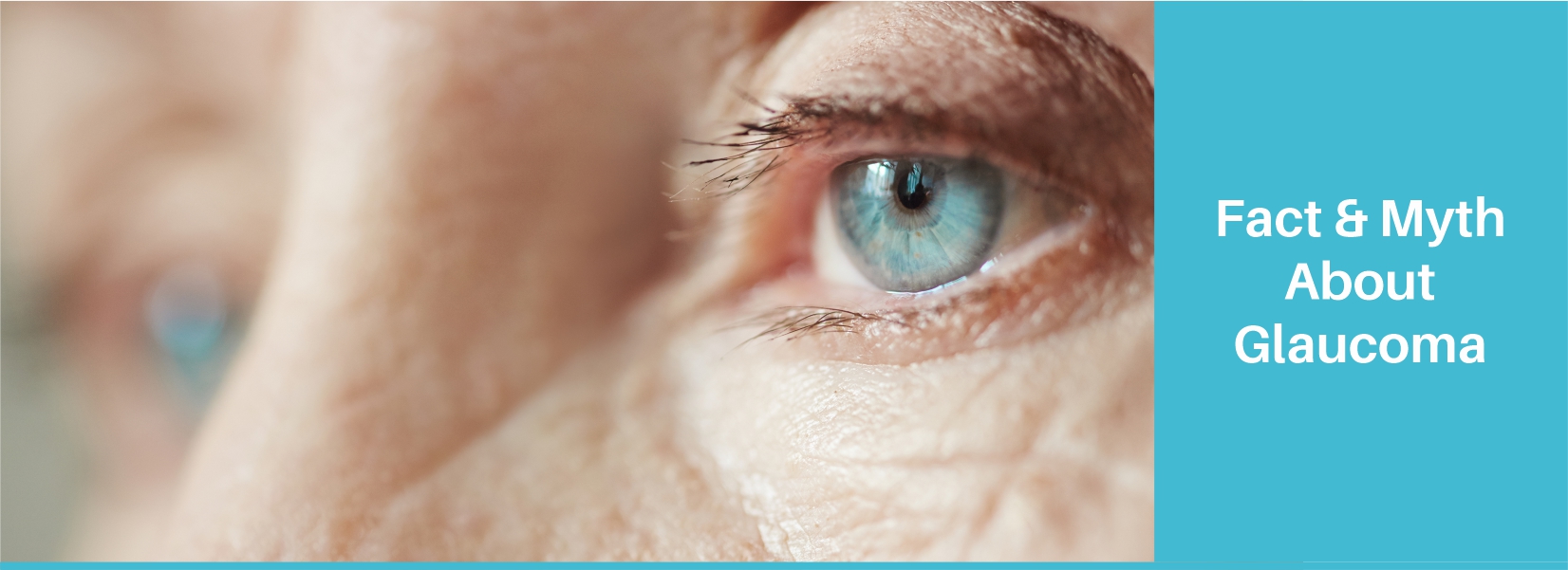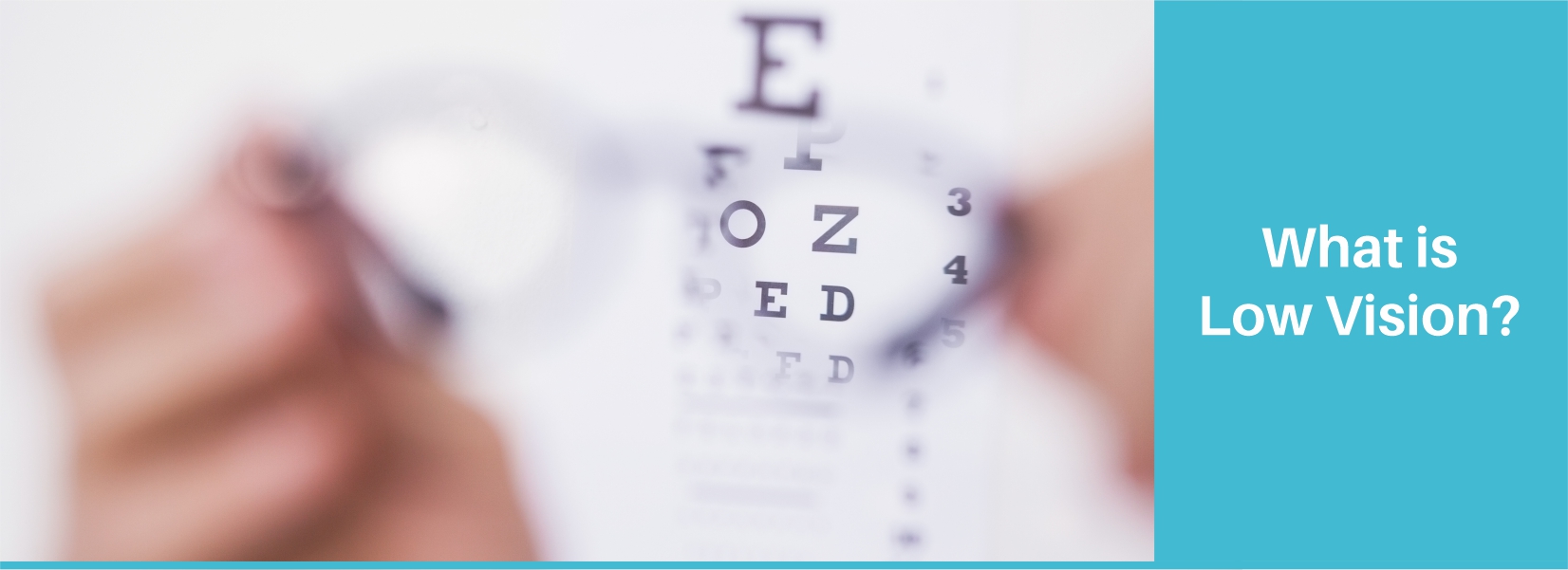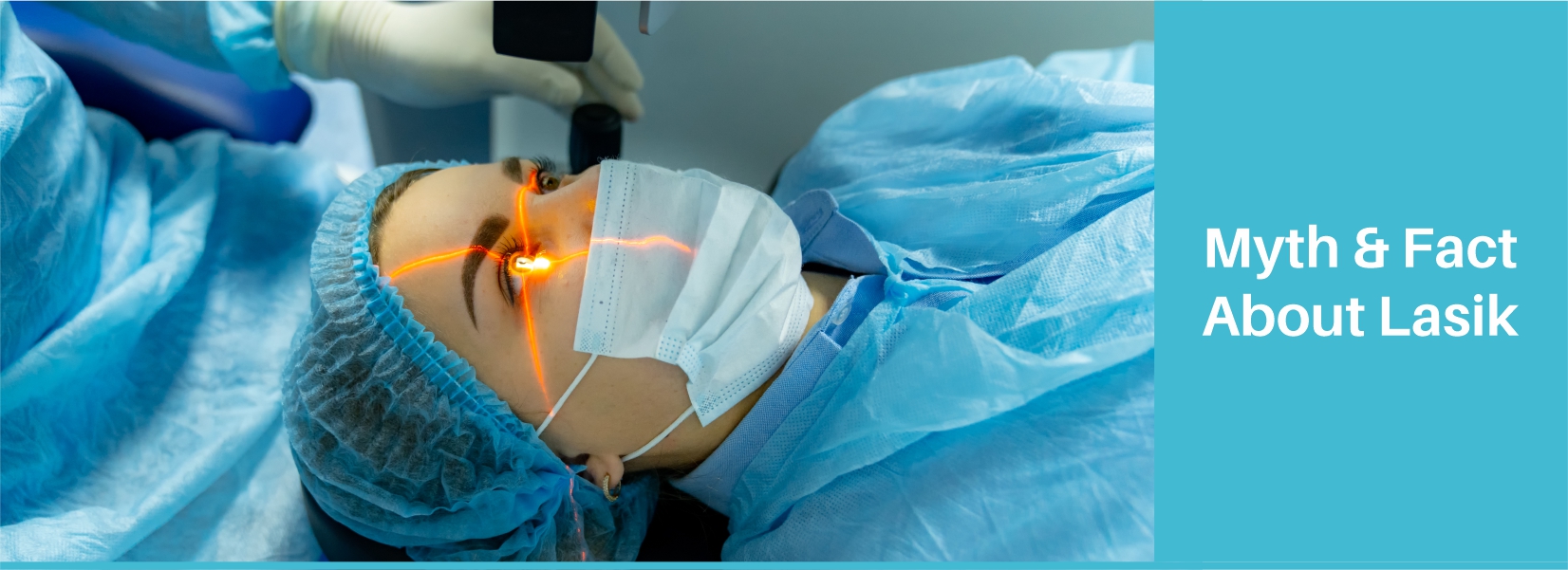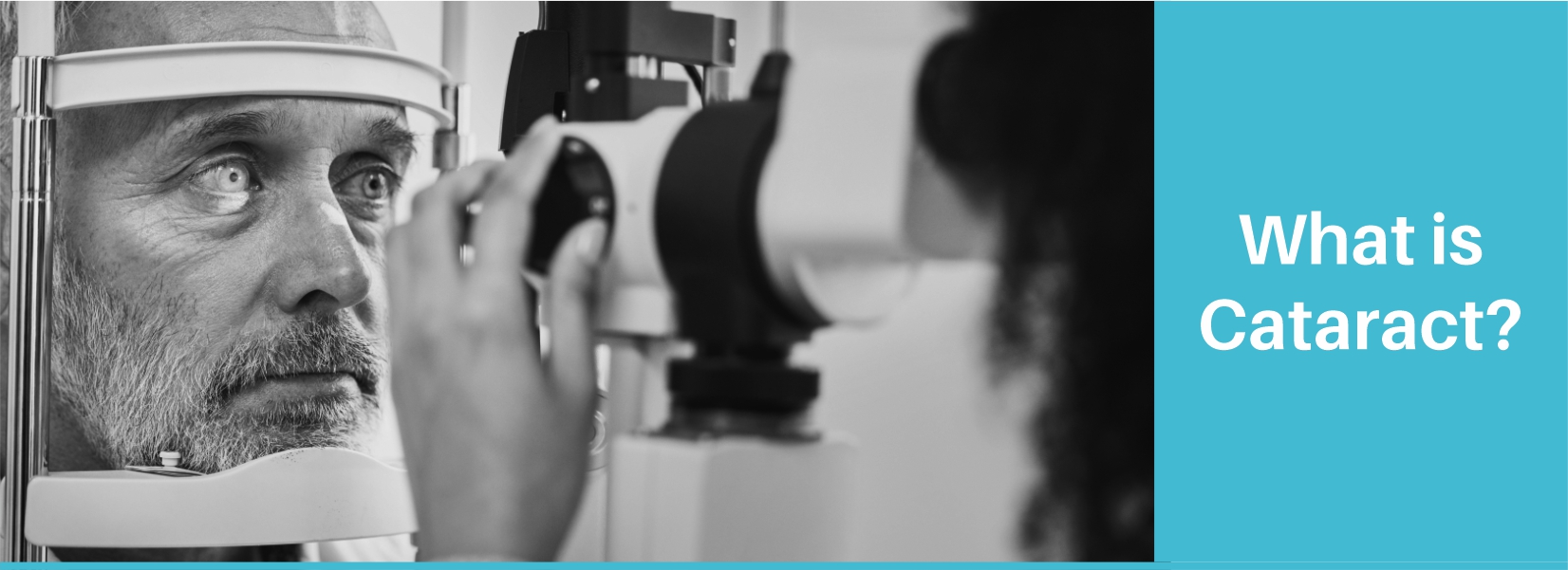 In the
world of healthcare, understanding the
intricate links between various
conditions is
paramount for effective treatment and
management. One such relationship of
critical
importance is that between diabetes and
diabetic retinopathy. As we delve into
this
connection, we uncover not only the
complexities of these conditions but
also the
best practices for treatment and
care.
In the
world of healthcare, understanding the
intricate links between various
conditions is
paramount for effective treatment and
management. One such relationship of
critical
importance is that between diabetes and
diabetic retinopathy. As we delve into
this
connection, we uncover not only the
complexities of these conditions but
also the
best practices for treatment and
care.
Exploring Diabetic
Retinopathy
 Diabetic
retinopathy stands as one of the most
common complications of diabetes,
affecting
the eyes and potentially leading to
blindness if left untreated. It develops
due to
damage to the blood vessels of the
light-sensitive tissue at the back of
the eye
(retina). The condition progresses in
stages, from mild no proliferative
abnormalities to severe proliferative
changes, ultimately impacting
vision.
Diabetic
retinopathy stands as one of the most
common complications of diabetes,
affecting
the eyes and potentially leading to
blindness if left untreated. It develops
due to
damage to the blood vessels of the
light-sensitive tissue at the back of
the eye
(retina). The condition progresses in
stages, from mild no proliferative
abnormalities to severe proliferative
changes, ultimately impacting
vision.
Understanding Diabetes
 Diabetes,
on the other hand, is a metabolic
disorder characterized by high blood
sugar levels
over a prolonged period. There exist
mainly two categories: Type 1 and Type 2
diabetes. In Type 1 diabetes, the body
fails to produce insulin, the hormone
responsible for regulating blood sugar.
Type 2 diabetes, the more prevalent
form,
occurs when the body becomes resistant
to insulin or doesn't produce enough of
it.
Diabetes,
on the other hand, is a metabolic
disorder characterized by high blood
sugar levels
over a prolonged period. There exist
mainly two categories: Type 1 and Type 2
diabetes. In Type 1 diabetes, the body
fails to produce insulin, the hormone
responsible for regulating blood sugar.
Type 2 diabetes, the more prevalent
form,
occurs when the body becomes resistant
to insulin or doesn't produce enough of
it.
The Link Between Diabetes
and Diabetic Retinopathy
 The
connection between diabetes and diabetic
retinopathy lies in the prolonged
elevation
of blood sugar levels. High glucose
levels damage the blood vessels
throughout the
body, including those in the retina.
Over time, these damaged vessels can
leak fluid
or bleed, leading to vision problems
and, in severe cases, blindness.
The
connection between diabetes and diabetic
retinopathy lies in the prolonged
elevation
of blood sugar levels. High glucose
levels damage the blood vessels
throughout the
body, including those in the retina.
Over time, these damaged vessels can
leak fluid
or bleed, leading to vision problems
and, in severe cases, blindness.
Seeking Treatment: The
Importance of Specialized Care
 When it
comes to managing diabetic retinopathy,
seeking treatment from the best hospital
specialized in diabetic retinopathy
becomes imperative. Whether it's in
Gandhinagar
or Ahmedabad, choosing a hospital
equipped with the latest technologies
and
experienced medical professionals can
significantly impact treatment outcomes.
When it
comes to managing diabetic retinopathy,
seeking treatment from the best hospital
specialized in diabetic retinopathy
becomes imperative. Whether it's in
Gandhinagar
or Ahmedabad, choosing a hospital
equipped with the latest technologies
and
experienced medical professionals can
significantly impact treatment outcomes.
Diabetic Retinopathy
Treatment: A Multifaceted Approach
 Treatment
for diabetic retinopathy typically
involves a multifaceted approach aimed
at slowing
or stopping the progression of the
condition and preserving vision. This
may
include:
Treatment
for diabetic retinopathy typically
involves a multifaceted approach aimed
at slowing
or stopping the progression of the
condition and preserving vision. This
may
include:
- Regular Eye Exams: Routine
eye screenings allow for early
detection and
intervention.
- Blood Sugar Control:Tight
control of blood sugar levels can
help prevent
or slow the progression of diabetic
retinopathy.
- Laser Therapy: Laser
treatment can help seal off leaking
blood vessels or
shrink abnormal ones.
- Intraocular Injections:
Medications injected into the
eye can help reduce
swelling and prevent the growth of
abnormal blood vessels.
- Vitrectomy: In advanced
cases, a surgical procedure called
vitrectomy may
be necessary to remove blood and
scar tissue from the eye.
Conclusion: Empowering
Patients Through Understanding
 In
conclusion, understanding the link
between diabetes and diabetic
retinopathy is
crucial for effective management and
treatment. By prioritizing regular eye
exams,
maintaining optimal blood sugar control,
and seeking treatment from specialized
hospitals like Tej Eye Centre,
individuals with diabetes can take
proactive steps to
preserve their vision and overall
health. Don't let misconceptions cloud
your path
to better eyesight. Explore our safe,
effective, and reasonably priced
cataract
treatments. Call 7778057500 to schedule
your consultation and start your journey
towards clearer vision today. Serving
Gandhinagar, Ahmedabad, and Modasa.
Remember,
early intervention is key, so don't
hesitate to consult with healthcare
professionals if you have concerns about
your eye health or diabetes management.
In
conclusion, understanding the link
between diabetes and diabetic
retinopathy is
crucial for effective management and
treatment. By prioritizing regular eye
exams,
maintaining optimal blood sugar control,
and seeking treatment from specialized
hospitals like Tej Eye Centre,
individuals with diabetes can take
proactive steps to
preserve their vision and overall
health. Don't let misconceptions cloud
your path
to better eyesight. Explore our safe,
effective, and reasonably priced
cataract
treatments. Call 7778057500 to schedule
your consultation and start your journey
towards clearer vision today. Serving
Gandhinagar, Ahmedabad, and Modasa.
Remember,
early intervention is key, so don't
hesitate to consult with healthcare
professionals if you have concerns about
your eye health or diabetes management.
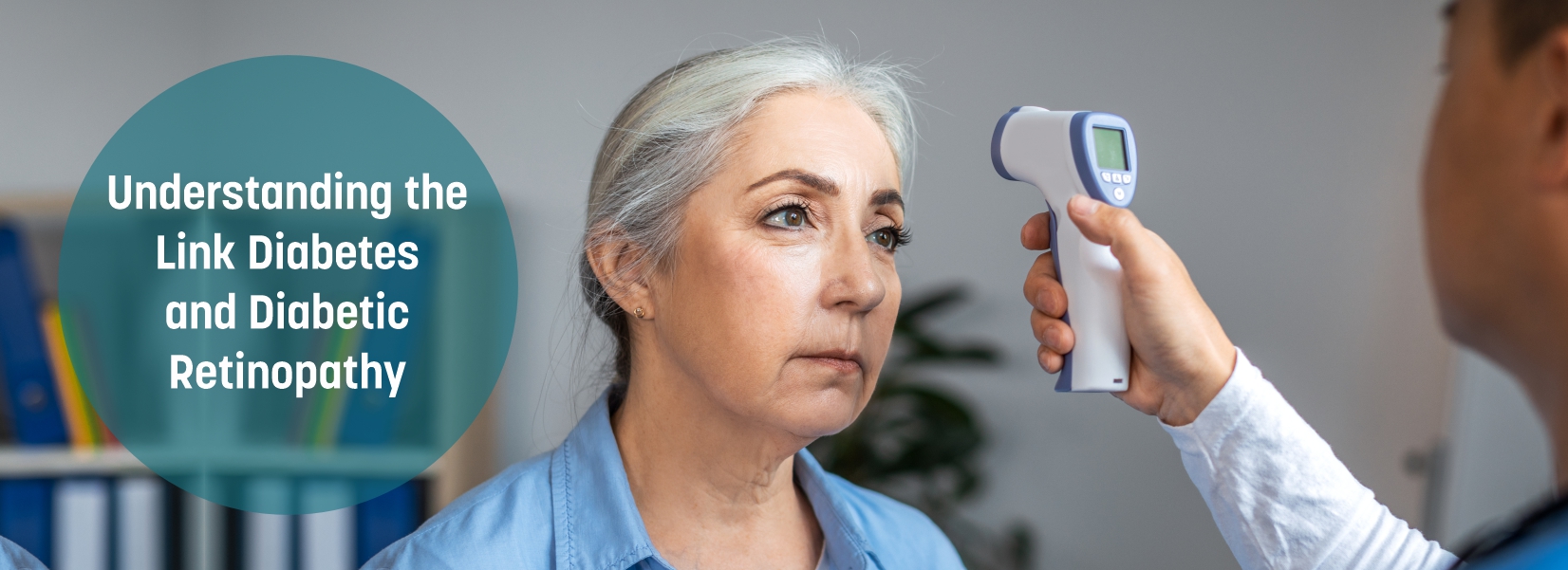
 In the
world of healthcare, understanding the
intricate links between various
conditions is
paramount for effective treatment and
management. One such relationship of
critical
importance is that between diabetes and
diabetic retinopathy. As we delve into
this
connection, we uncover not only the
complexities of these conditions but
also the
best practices for treatment and
care.
In the
world of healthcare, understanding the
intricate links between various
conditions is
paramount for effective treatment and
management. One such relationship of
critical
importance is that between diabetes and
diabetic retinopathy. As we delve into
this
connection, we uncover not only the
complexities of these conditions but
also the
best practices for treatment and
care.